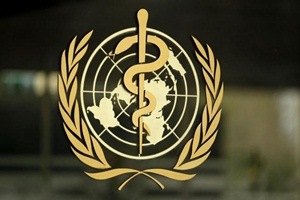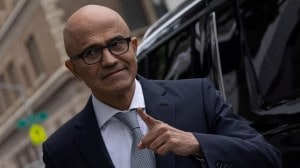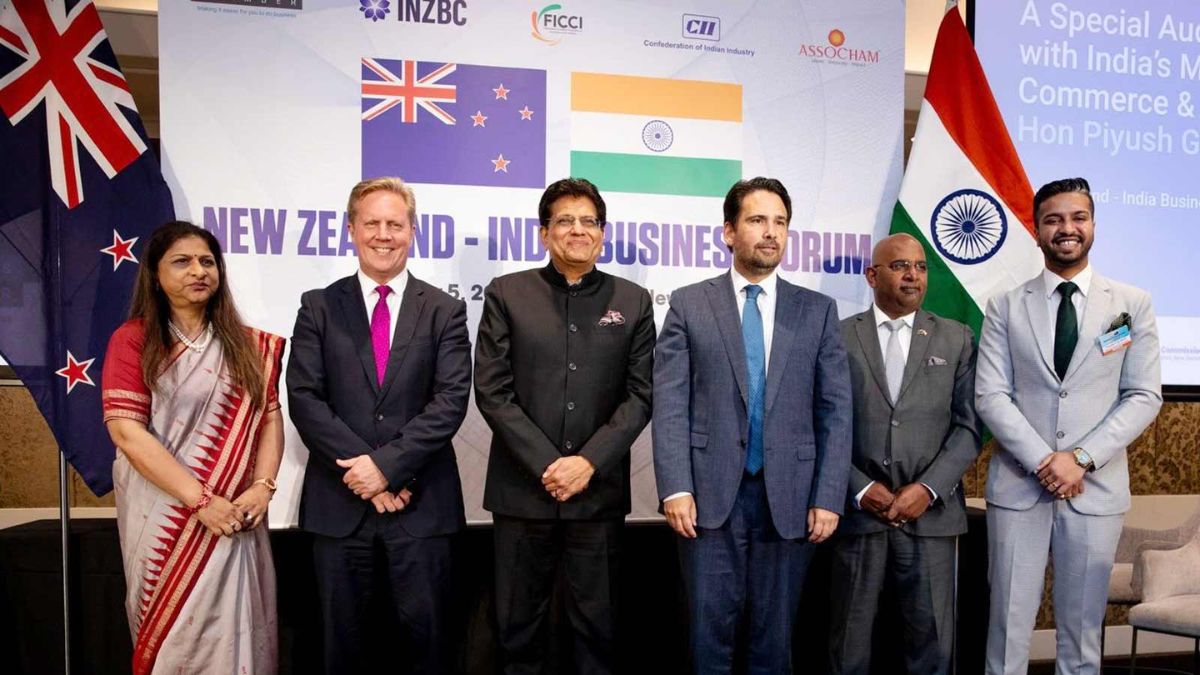The WHO’s Emergency Committee on Zika reaffirmed its previous advice that there should be “no general restrictions on travel and trade with countries, areas and/or territories” with Zika transmission including cities in Brazil hosting the Olympics that start on Aug. 5, and with the Paralympic Games that follow in September.
“The risks are no different for people going to the Olympics than for other areas where there are outbreaks of Zika,” David Heymann, chair of the WHO’s expert panel, told reporters at WHO headquarters in Geneva after the meeting.
Also Read: US researcher accidentally infects self with Zika virus
International Olympic Committee Chairman Thomas Bach said the WHO’s conclusion was “very positive” for the Rio Games.
The third meeting of independent experts came amid intensifying concerns over the staging of the Olympics in Brazil, the country hardest hit by Zika.
Brazilian authorities have confirmed more than 1,400 cases of microcephaly in babies whose mothers were exposed to Zika during pregnancy. Microcephaly is a birth defect marked by small head size that can cause severe developmental problems in babies. The virus has also been linked to Guillain-Barre, a neurological disorder in adults.
The WHO has advised that pregnant women avoid travel to Zika outbreak areas and that men who have been infected by or exposed to the virus practice safe sex, or abstain from sex, for up to six months.
The WHO panel said that Brazil should “continue its work” to intensify mosquito-control measures, especially around Olympics venues, and “ensure the availability of sufficient insect repellent and condoms for athletes and visitors”.
The experts decided not to recommend against non-essential travel to Zika-affected areas, but said travellers should take personal protective measures to reduce risks. They noted that Brazil was entering winter months when transmission is lower.
“The experts at the meeting felt there was no reason to decrease travel to these areas. What is important (is) for people to understand their individual risk they undergo when they go to these areas. The risk of international spread is not a significant concern,” Heymann said.
Dr. Bruce Aylward, WHO director of emergencies, said 20 percent of the world’s population lived in Zika-affected areas while almost 30 percent of international travel was into and out of such areas. … “The proportion of that travel that will be affected by the Olympics (is) very, very, very marginal.”
Lawrence Gostin, a Georgetown University expert in international health law, welcomed the advice as “exactly right”
“The risk of holding the Olympic Games is lower than the risk of cancelling or postponing (them) due to the economic and political turmoil it would cause in Brazil,” he said.
“(But) I am concerned that the WHO and International Olympic Committee have placed virtually all the burden on Brazil for (mosquito) vector control.”







